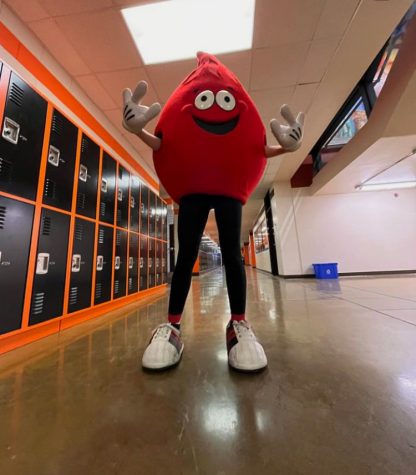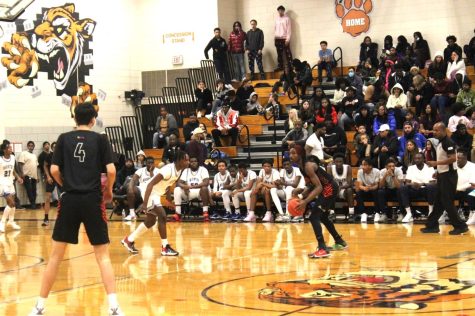MSHSL tabled transgender sports policy decision
October 5, 2014
A policy decision regarding the rights of transgender students to participate in sports that match their gender identity was postponed by the MSHSL (Minnesota State High School [Sports] League) on Thursday, October 2nd.
Voting had been scheduled for August, but the MSHSL waited to revise the draft, cutting it down from four pages to just one. On Thursday, after four months of deliberation, members decided to take more time to gain more information and think about the topic, which has been rescheduled to December 4th.
Currently, Minnesota has no policy or guidelines for transgender athletes and their schools.
The policy proposed on Thursday asked that transgender students provide the following:
• a written statement confirming their gender identity (signed by both the student and their legal guardian/s)
• said identity being used for school medical and registration forms
• medical documentation regarding any physical transition, record of counselling, or any other documents “deemed to be necessary by the school”
• “gender identity related advantages” (such as the size and physical ability of the student)
After the student has submitted these documents, they must go through their school administration, the MSHSL Executive Director, and/or an Independent Hearing Officer.
In addition, the policy stipulated that school officials respect the student’s pronouns, name, gender presentation (how they dress or outwardly express themselves), as well as take actions to educate the relevant personnel on “transgender sensitivity.”
“People should be allowed to play sports for whichever team they feel most comfortable on,” explained AJ Gerick, who graduated from South last year. He is one of many who agree with the policy and believe it should be put into effect post haste. If the policy is eventually passed, Gerick believes that “kids who feel disenfranchised from playing sports because they are transgender or otherwise not cisgender… would feel more comfortable playing sports, and probably they would feel a lot more able to participate in high school.”
Gerick himself, being transgender, was affected while at South by not having a real way to get into sports. He played women’s tennis in his freshman year, but later quit. “I wanted to play on the men’s team after that. I just wasn’t comfortable with that,” he explained.
However, many people did not agree that transgender athletes should be afforded these rights. The Child Protection League Action even paid for a full page advertisement in the Star Tribune, encouraging parents to contact their high school league representatives to protest the proposal.
The advertisement, featuring a photograph of showerheads, reads: “A male wants to shower beside your 14-year-old daughter. Are YOU ok with that?” State coordinator Michele Lentz was quoted in the Star Tribune as saying that the group “categorically rejects the underlying premise of the policy that gender is a matter of choice and not biology,” a controversial topic in the past few decades. This was proven by the public uproar, many citing the ad as transphobic.
Gerick’s feelings on the policy failing to pass “would depend on their reasons for not passing it,” he decided. “If they didn’t pass it because they decided… you should only be able to play sports for teams that [your biological sex matches], I would be upset about that. If they didn’t pass it because they needed time to revise it so then it would get more votes, then I would still be sort of upset, but less upset.”

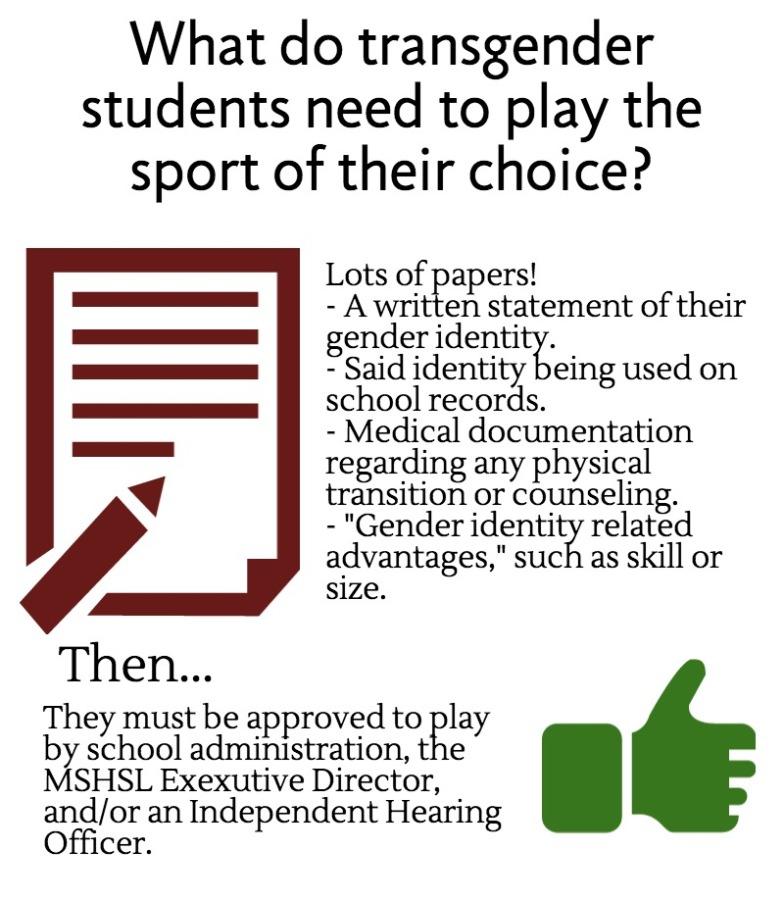
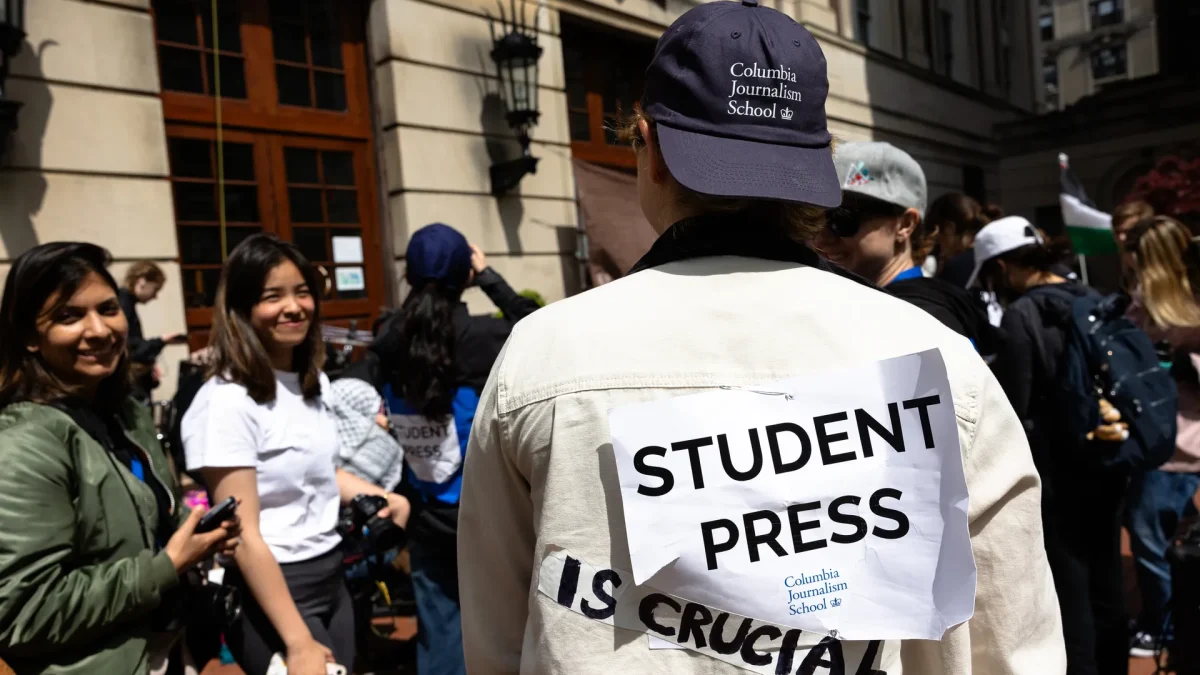



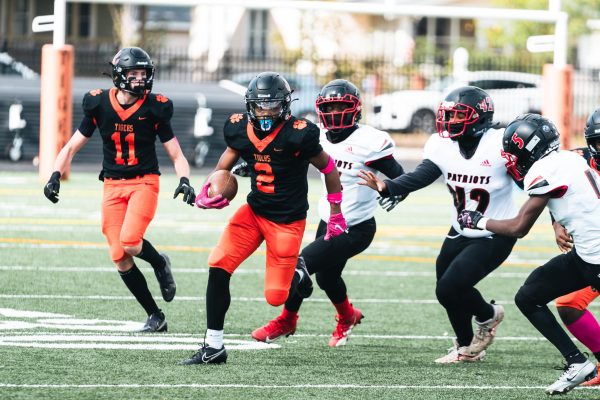
![A power outage on Friday May 12 before the start of the school day led many students to leave the building and miss parts of first, second and third hour. “[Staff at the front door] said the power might be on at 11, so [we should] come back to school at 11,” recalled freshman Riley Olson. “A lot of people went back home.” However, Principal Afolabi Runsewe claimed and maintains that students were told to stay in the commons and were never given the option to leave school.](https://www.shsoutherner.net/wp-content/uploads/2023/06/power-outage-475x356.png)

